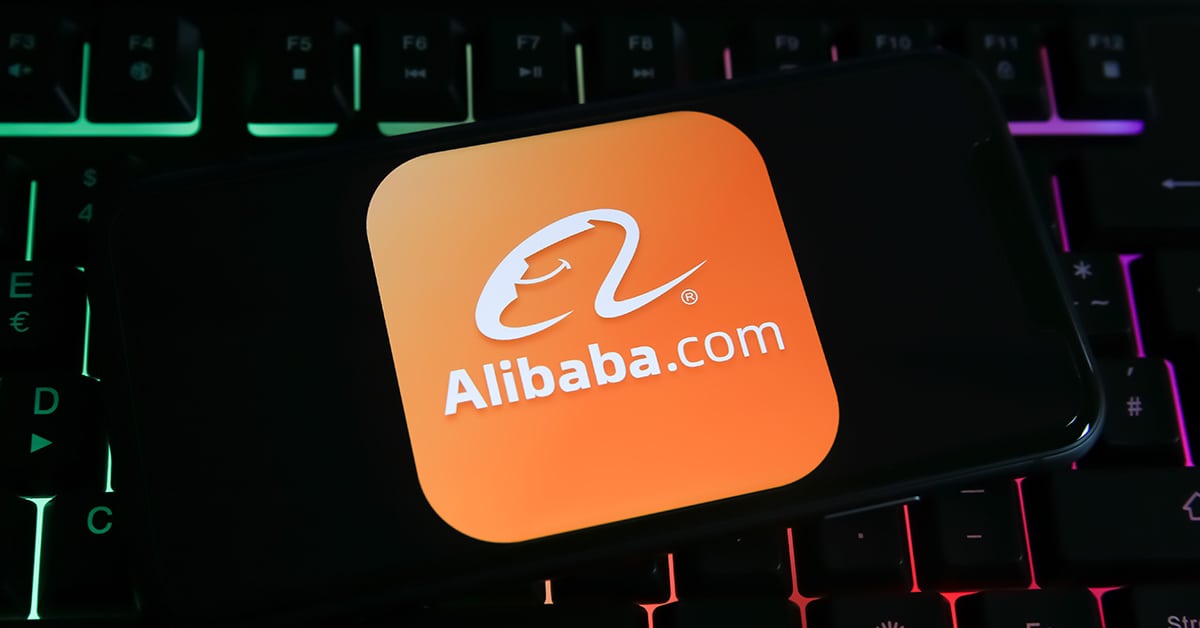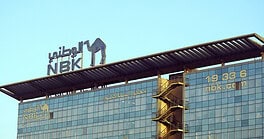Alibaba is one of more than a hundred Chinese companies currently on the provisional list of firms facing delisting from the New York Stock Exchange over transparency and national security concerns.

E-commerce giant Alibaba Group Holding Ltd. was recently selected for US audit inspection on the heels of an agreement with Chinese regulators.
According to Reuters, KFC operator Yum China and e-commerce rival JD.com will also be inspected.
Under the Holding Foreign Company Accountable Act (HFCAA), businesses publicly listed on stock exchanges in the US—not in compliance with auditing and disclosure standards—can be banned from trading. Since the introduction of the HFCAA in December 2020, Beijing has tried to prevent complete access to audit documents citing national security concerns.
In Alibaba’s case, which is analogous to that of several other Internet-based platforms, officials consider certain data linked to hundreds of millions of users too sensitive to be handed over. This standstill, to the surprise of many, was broken last month with the signing of a Statement of Protocol.
According to regulators, the deal will allow for unfettered discretion over which Chinese companies will be inspected, as well as for access to all staff members of audit firms. The China Securities Regulatory Commission emphasized that it will render all reasonable assistance and cooperation necessary.
The development is just the latest in a series of ups and downs for Alibaba over the course of eight years. On Sept. 19, 2014, Alibaba customers rang the opening bell of the New York Stock Exchange: below the balcony, founder Jack Ma applauded. At the time, it was the world’s largest initial public offering (IPO). By the end of the day, shares had surged 38%, giving the company a valuation of almost $230 billion.
One year after that debut, Alibaba’s stock fell below the IPO price. It gradually regained ground reaching an all-time high of $317.14—more than four times the original listing figure—on Oct. 27, 2020.
Then, when Chinese authorities halted Ant Group, an Alibaba affiliate, from going public, it crashed again. Last July, Alibaba was placed on a provisional list of firms facing delisting.
Now that the Statement of Protocol was signed, investors in Chinese stocks breathed a sigh of relief. However, it is far from guaranteed that the agreement will stand. To be on the safe side, Alibaba and others have already applied—and received approval—for a primary share listing in Hong Kong.



